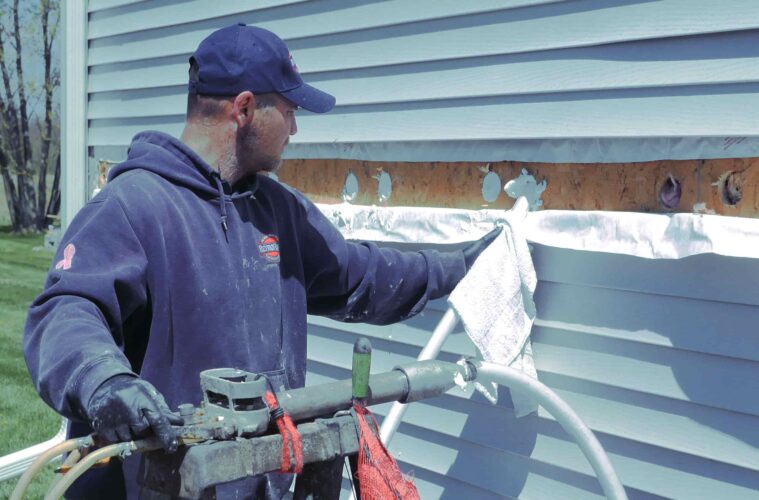Despite the plentiful number of new homes popping up all around us, many houses are still pretty old. The older homes generally don’t get knocked down; the population just spreads into new areas. That means many of us are still living in homes that were built decades ago. So, if you’re living in an older home, it’s likely you have trouble keeping it warm in winter and cool in summer.
Often, this is due to outdated insulation, or even a complete lack of insulation. Here are some tips to get your home’s insulation up to speed at The Architecture Designs.
Why is insulation important?
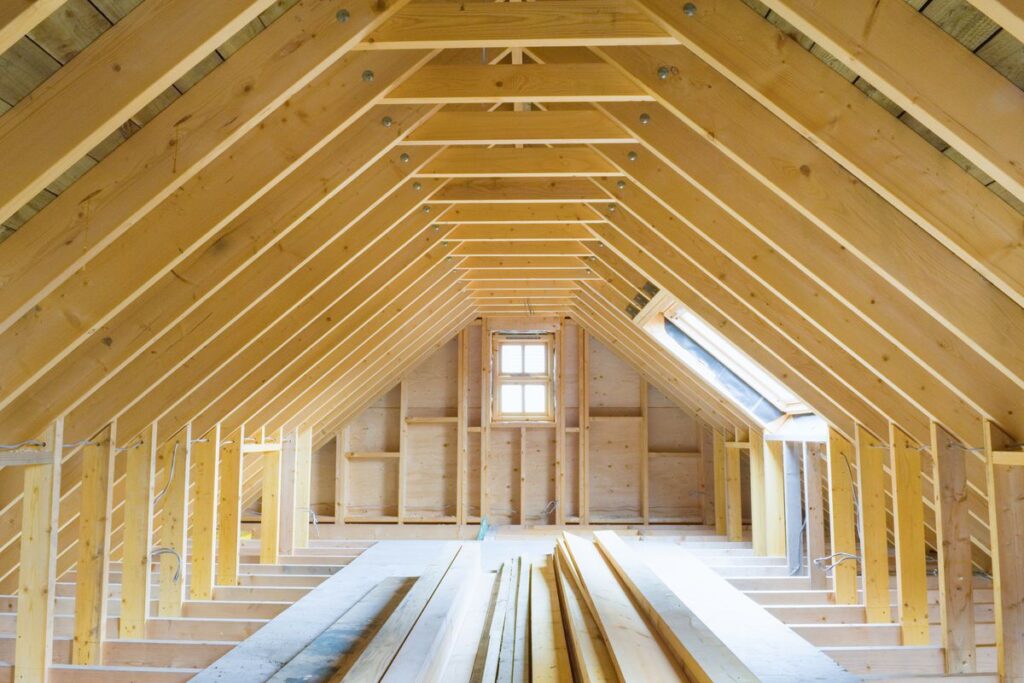
source: thisoldhouse.com
Insulation helps you control comfort levels inside your home. It limits the amount of heat escaping from your rooms in winter, and cuts down the amount of heat getting in during summer. This saves you money on energy bills, because your air conditioning systems don’t have to work as hard to maintain your desired temperature.
If you buy highly-rated acoustic insulation, you’ll also limit the transfer of noise. Both from outside your home, and from room to room. Who wouldn’t want to be more comfortable at home and save money in the process? So, here’s how to update your tired old insulation.
Insulate your ceiling first
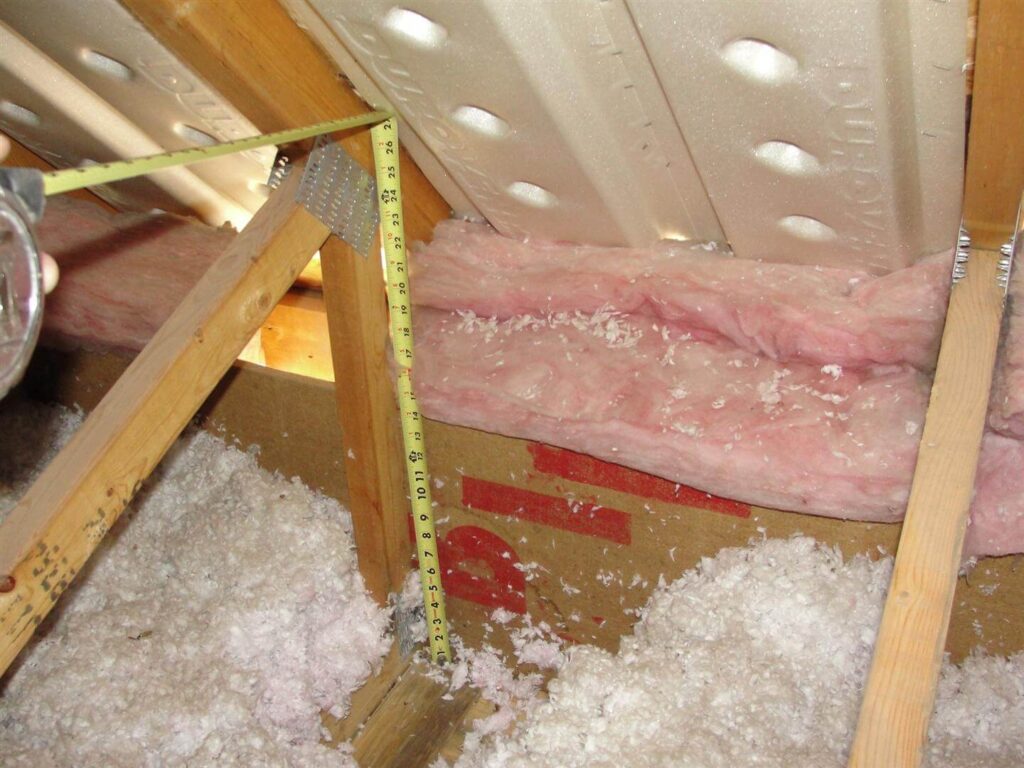
source: structuretech1.com
Roof insulation is usually the first thing to look at, because you can do it relatively easily. Most homes have access to the roof cavity, so you can get in there and inspect the existing insulation. If your home is insulated, remove what’s there, but do it carefully. All insulation is made up of tiny fibres you don’t want to be breathing in, but older insulation is usually worse. Cover your skin, wear a mask and goggles, and keep yourself safe.
Once the old insulation is disposed of, you can lay brand-new insulation batts. Ensure you get the appropriate ‘R’ rating for roof insulation, and also choose products rated for thermal performance. Installing the new batts is quite easy, as long as you can move around in the roof cavity without too much difficulty.
Consider underfloor insulation
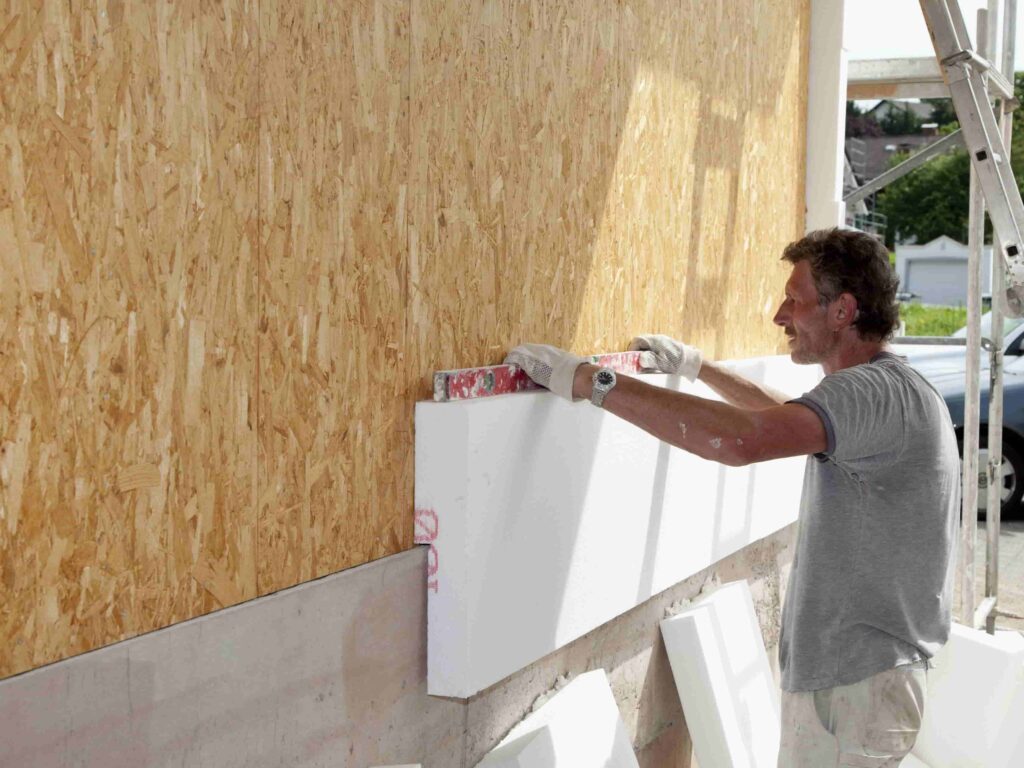
source: structuretech1.com
Underfloor insulation is great for all homes, but specifically those with exposed floorboards. Carpet acts as a form of insulation itself. So, if you’ve already got carpet, you may not need underfloor insulation. It still helps, but it can be difficult to install without getting underneath your existing floor coverings or under the house.
The added bonus of underfloor insulation is it cuts out some of the ‘walking noise’ around the home. When installed properly, it can stop every footstep sounding like there’s a Riverdance concert in your hallway!
Insulate external and internal walls
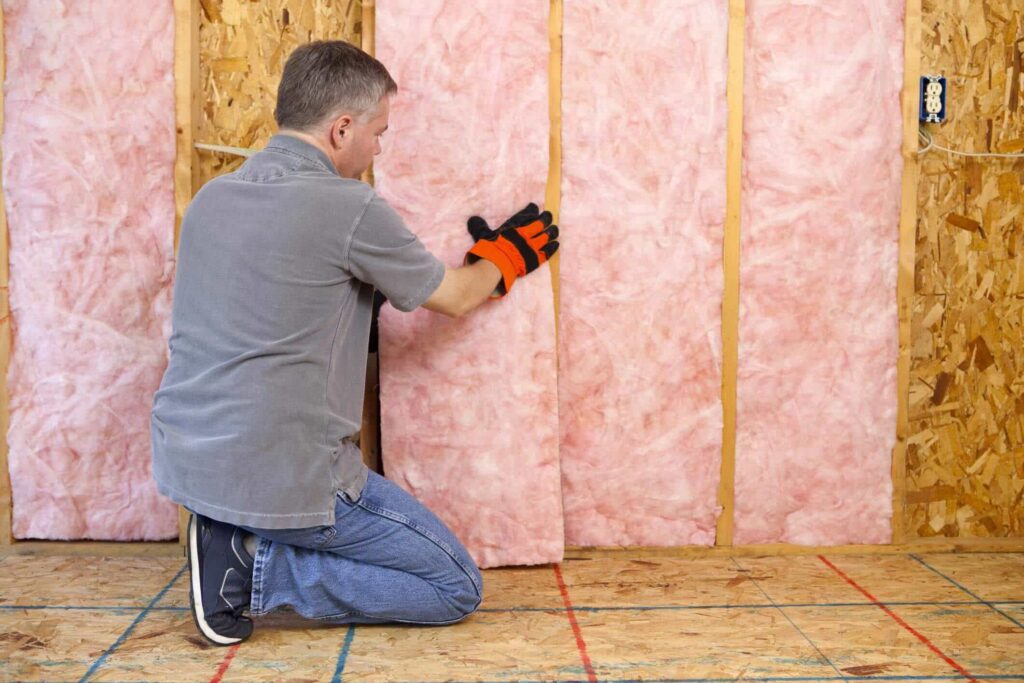
source: retrofoamofmichigan.com
Finally, perhaps the most important is wall insulation. Unless you’re replacing the plaster, it’s not always easy to access your wall cavity. That’s why many people choose blow-in insulation. You make small holes in the wall and blow in a foam-type insulation. Then, simply patch up the holes and you’re done.
When insulating walls, it pays to do internal walls as well as external. This allows you to control temperatures room-to-room, and also helps to limit noise transfer through the house.

